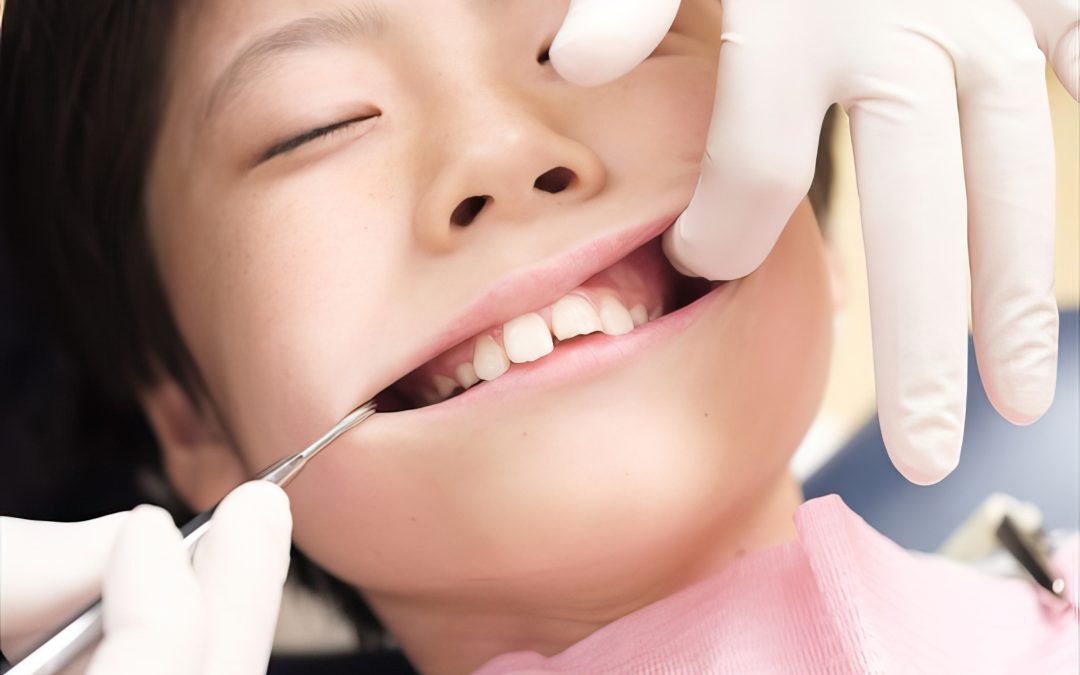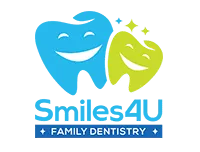
The Little Smiles Matter: Why It’s Crucial for Kids to Take Care of Their Teeth
by admin | Sep 4, 2020 | Blogs
As parents, caregivers, and dental professionals, we understand that children are the future. Ensuring their well-being involves more than just providing a balanced diet and a safe environment. One often overlooked aspect of a child’s overall health is their dental care. In this blog post, we’ll delve into the importance of instilling good oral hygiene habits in children and why taking care of their teeth is a cornerstone of their well-being.
1. Early Habits Last a Lifetime:
The habits children form during their early years often stay with them throughout adulthood. Introducing proper oral care routines at a young age sets the foundation for a lifetime of healthy teeth and gums. From regular brushing to routine dental check-ups, instilling these habits early helps children carry them into their adult lives.
2. Preventing Tooth Decay:
Childhood is a critical time for dental development, and tooth decay is a common concern. The consumption of sugary snacks and drinks, if not countered with proper oral care, can lead to cavities. Teaching children to brush their teeth after meals and limiting sugary treats can significantly reduce the risk of tooth decay.
3. Establishing a Positive Relationship with Dentistry:
Regular dental check-ups from a young age help children build a positive relationship with dental care. Early visits to the dentist can be preventive, allowing professionals to identify and address potential issues before they become major concerns. This positive experience fosters trust and reduces dental anxiety in the long run.
4. Facilitating Proper Speech Development:
Healthy teeth are crucial for proper speech development in children. The alignment of teeth plays a role in the formation of sounds, and any issues with tooth development could impact a child’s ability to articulate clearly. By maintaining good oral health, parents contribute to their child’s overall communication skills.
5. Boosting Confidence and Social Skills:
A bright, healthy smile can do wonders for a child’s self-esteem. When children feel good about their appearance, they are more likely to engage in social activities and build healthy relationships. Positive social interactions contribute to emotional well-being, making oral care an integral part of a child’s holistic development.
6. Preventing Long-Term Health Issues:
Their is a connection between oral health and overall well-being , as poor oral hygiene during childhood has been associated with diverse health concerns such as diabetes and heart disease. When parents prioritize dental care, they are not just guaranteeing a healthy smile but also actively promoting their child’s long-term health.
Conclusion:
In the overall tapestry of childhood development, the importance of dental care should never be underestimated. From establishing lifelong habits to preventing tooth decay and fostering positive self-esteem, taking care of a child’s teeth is an investment in their overall well-being. As parents and dental professionals, let’s work together to ensure that the little smiles of today grow into the healthy, confident smiles of tomorrow.

